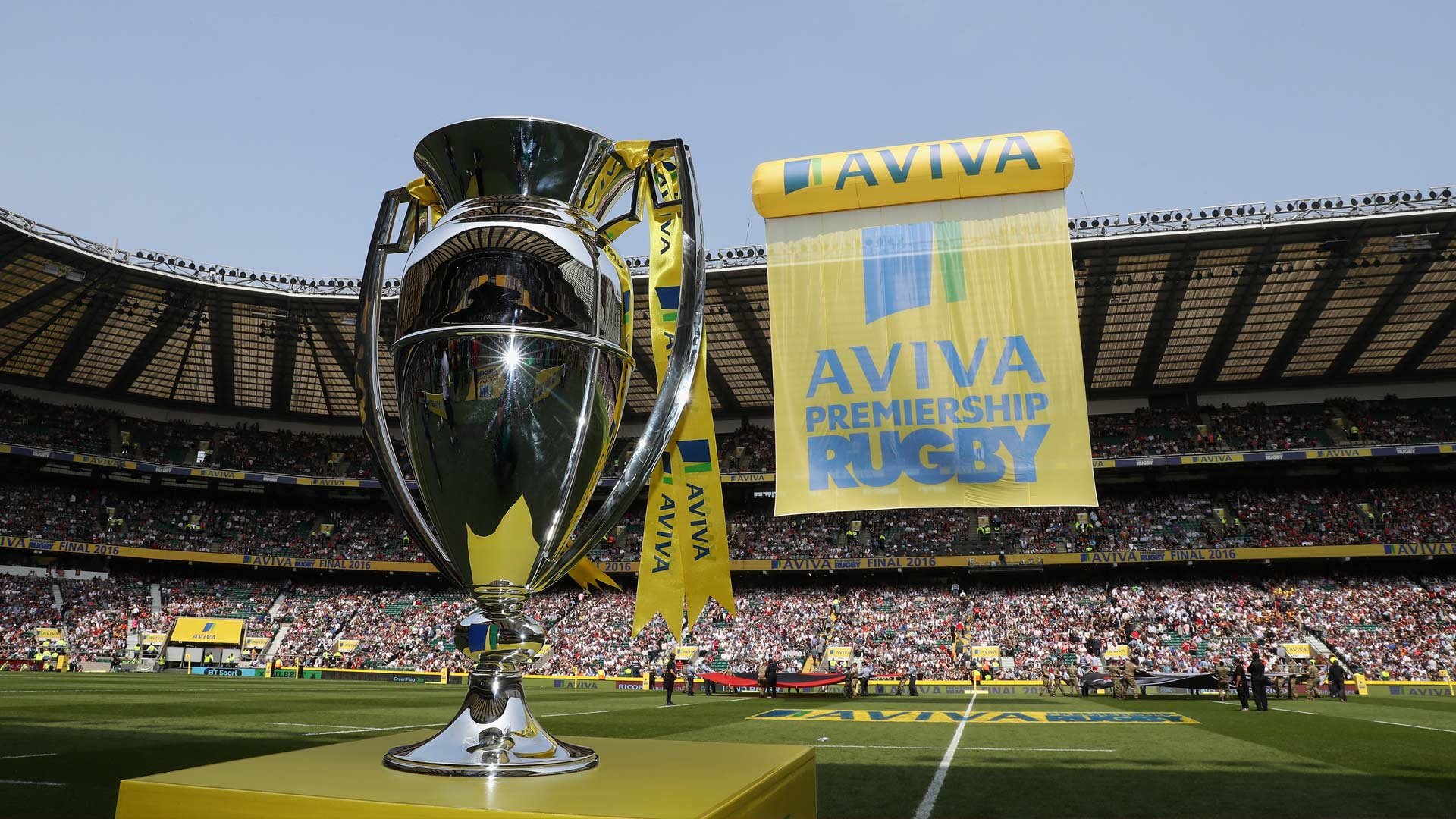Calls for player wage deflation in the Premiership grow louder as the RFU warned clubs that the current salary inflation is unsustainable, predicting a downturn in funding that could leave clubs with massive shortfalls.
The salary cap increased last season to £7 million, and with exemptions for two ‘marquee’ players outside of that limit, clubs have gone on a spending splurge despite many struggling to break even. Just one of the 12 clubs posted a profit last year with the other 11 clubs averaging a loss of roughly £1.8 million. Bristol’s elevation to the Premiership has coincided with a number of high profile additions, including £1 million a season for former All Black Charles Piutau.
The clubs increased revenue was, in part, by funding from the RFU in return for access to England players. This payment was negotiated in 2016 for £112m fixed for four years followed by a second payment in 2020. The second half of that deal could see a reduced payment due to dependency on RFU financial performance.
The RFU is currently going through a cost-cutting exercise to deal with rising costs, including making 62 people redundant. The rise of player payments to England’s players has also created pressure on the bottom line.
“If our income comes down, so does the agreement payment. So it doesn’t cause us a problem forever, it is just within the next two years,” said RFU chief executive Steve Brown.
“They (the clubs) are already aware. That has always been the case. I guess from the club point of view they have looked at securing their revenues for four years… they are fully informed.”
The decision by the RFU to increase in the match fees paid to those who wear the England jersey by 30% will, in a roundabout fashion, reduce the money flowing back to clubs.
“England can afford the England player salaries, but lots of countries can’t afford to keep their players within the country,” said Brown.
“You can argue the French and the English markets have driven that inflation.
The funding squeeze could have some painful consequences for those clubs making long-term contracts with players past 2020, but most those commitments are unlikely to be made until next year. Brown believes unless something radical happens, player salaries are bound to flatline or possibly decrease.
“It is not sustainable for those clubs either – our wage caps are really important – I don’t see the same level of inflation, there is not enough money in the system… unless we see something radical commercially.
“Certainly in England, and France as well, that salary inflation has gone beyond the affordability of clubs – some clubs – and some nations as well.
In other news:

















